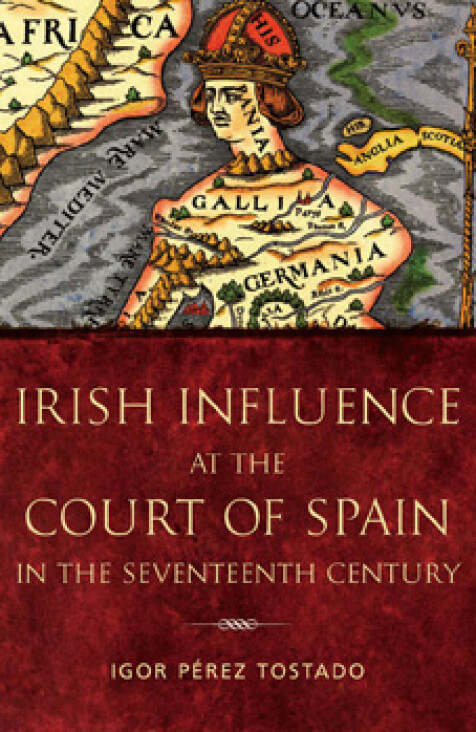Irish influence at the court of Spain in the seventeenth century
Igor Pérez Tostado
This book examines how early modern immigrant communities sought to influence the politics of their host governments. This study analyses the political activity of the Irish communities who settled in the territories of the Spanish Monarchy during the middle decades of the seventeenth century. Based on extensive original research in several archives across Europe, Irish political activity is set in the context of the dynamics of early modern diplomatic relations. It argues that the degree of political influence of these groups was in direct relation to the bonds they constructed through their emigration experiences, their organisation within the host community, the invention of a shared identity and a project of future, and their self-representation to the Spanish society.
The Irish constructed a strong bond, identified as 'reciproca correspondencia', or mutual support in the name of a shared religion, and of a belief in a common racial origin (the milesian legend). The book demonstrates that, in spite of their resourcefulness, efforts and endurance, the Irish in Spain did not achieve their ultimate goals. Their chances of success or failure depended on everyday experiences of political practice in the courtly society, as well as upon many external complex factors beyond the control of any immigrant community.
Igor Pérez Tostado obtained his PhD in History in the European University Institute in 2004. He has been a post-doctoral fellow in the Moore Institute in NUI Galway. At present he works as assistant professor in Early Modern History in the Pablo de Olavide University in Seville.

